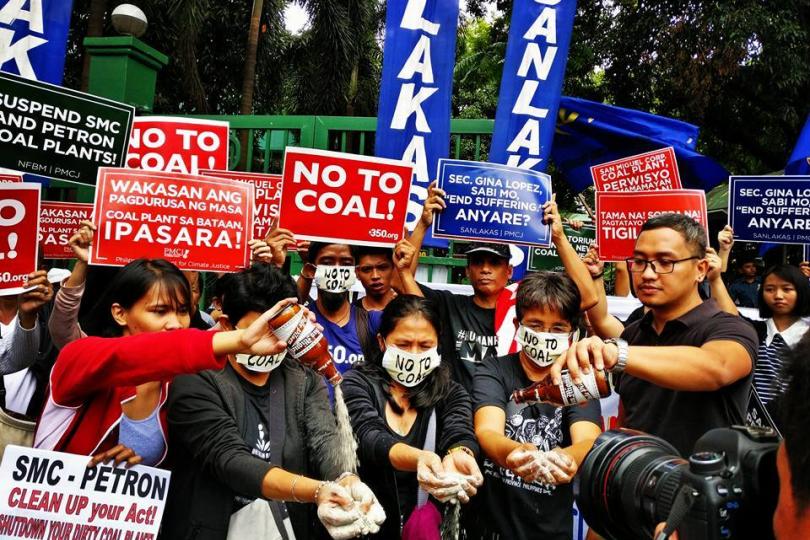The World Bank’s private lending arm has unveiled its new approach to greening equity investments in financial institutions. The International Finance Corporation (IFC) says it will end equity investments in financial institutions that do not have a plan to phase out investments in coal-related activities. The “30 by 30 Zero Program” aims to help the banking sector increase climate-related lending to 30 percent and reduce their exposure to coal related projects to zero by 2030.
“The IFC’s green equity approach, which aims to help financial equity clients increase climate-related lending while reducing their exposure to coal, is definitely a step in the right direction. Coal has no future and our reliance on it entrenches poverty and inequality around the world,” said Christian Donaldson, Senior Policy Advisor at Oxfam.
The publication of the IFC’s approach is a welcome step for civil society organizations around the world that have been urging it to act since IFC CEO Philippe Le Houerou pledged to vastly reduce its exposure to coal two years ago. The promise came during the World Bank’s Annual Meeting in October 2018 when Le Houerou committed to help wean IFC clients away from investment in coal.
In FY 2019 the IFC invested over 60 percent of its portfolio through financial intermediaries, including equity clients. This ‘hands-off’ approach to lending has embroiled the IFC in human rights and environmental scandals. Public outcry, damning media coverage and most importantly, relentless pressure from communities who have been harmed by these projects have all had a hand in forcing these new reforms.
“We’ve been shining a light on this problem at IFC for years,” said David Pred, Executive Director of Inclusive Development International. “After following the $50 billion that IFC outsources to commercial banks and other intermediaries, we found that a great deal of this money has wound up financing deeply harmful projects. Coal plants and mines have been among the worst offenders.”
A year ago, the IFC’s independent watchdog, the Compliance Advisor Ombudsman (CAO) opened a compliance investigation into its investments in a commercial bank in the Philippines that bankrolled the country’s recent coal power boom, despite a 2013 World Bank moratorium on coal financing. The CAO is examining whether the IFC violated its social and environmental rules when its client, Rizal Commercial Banking Corporation participated in loans worth hundreds of millions of dollars to build or expand 11 coal-fired power plants. This was the first investigation of the IFC’s contribution to climate change through its indirect investments in fossil fuels and came as a result of a class action-style complaint against the IFC by more than 120 citizen groups and communities in the Philippines.
“IFC’s Green Equity Approach is a critical shift towards total decarbonization of its investments and heralds the end of coal,” said Ian Rivera, National Coordinator of the Philippine Movement for Climate Justice. “Though while we laud this bold move, climate vulnerable countries like the Philippines want to see this policy extended to cut off all development financing of climate-busting projects, which will be necessary to keep the global temperature rise below 1.5 degrees Celsius at the end of the century.”
“Shifting finance out of fossil fuels to combat climate change is desperately urgent. The recent fires in the US and floods and typhoons in Asia are clear examples of this. We need faster and bolder action to protect people and planet ―the IFC should not stop at coal, but rather exclude all fossil fuels,” said Kate Geary, Co-Director at Recourse.
“Now that IFC has taken this important step toward eliminating the indirect coal financing in its portfolio, hopefully its peer banks that are fueling the climate crisis through financial intermediaries, such as the Asian Development Bank, will follow suit,” added Pred


